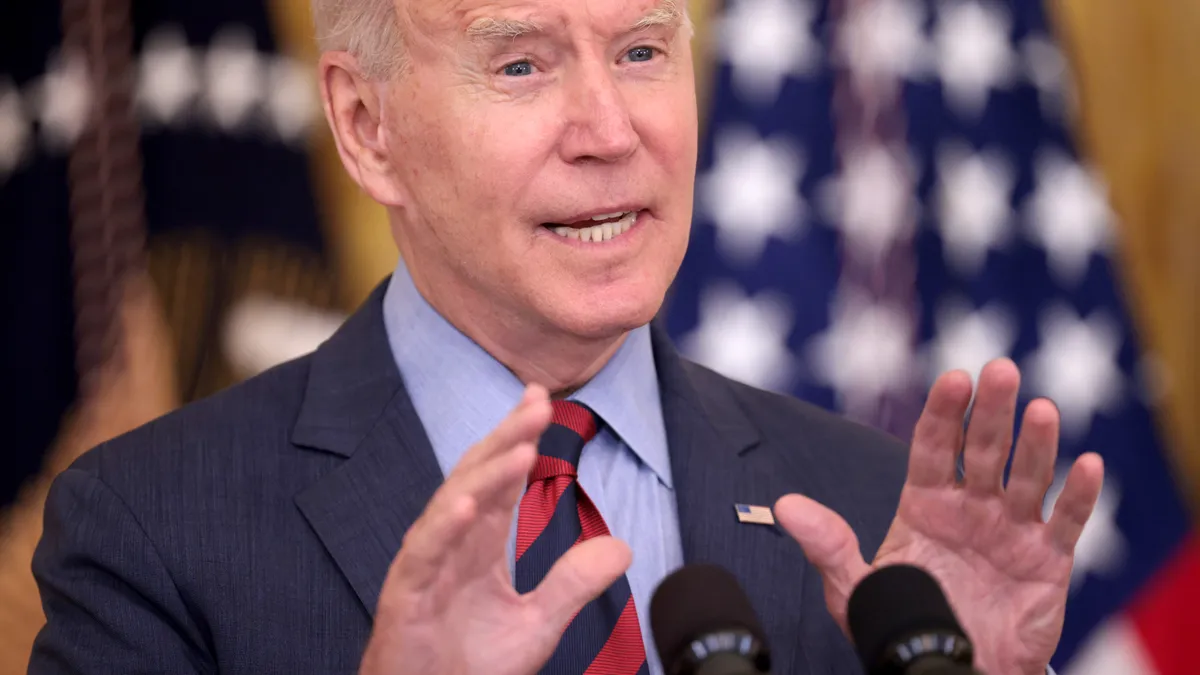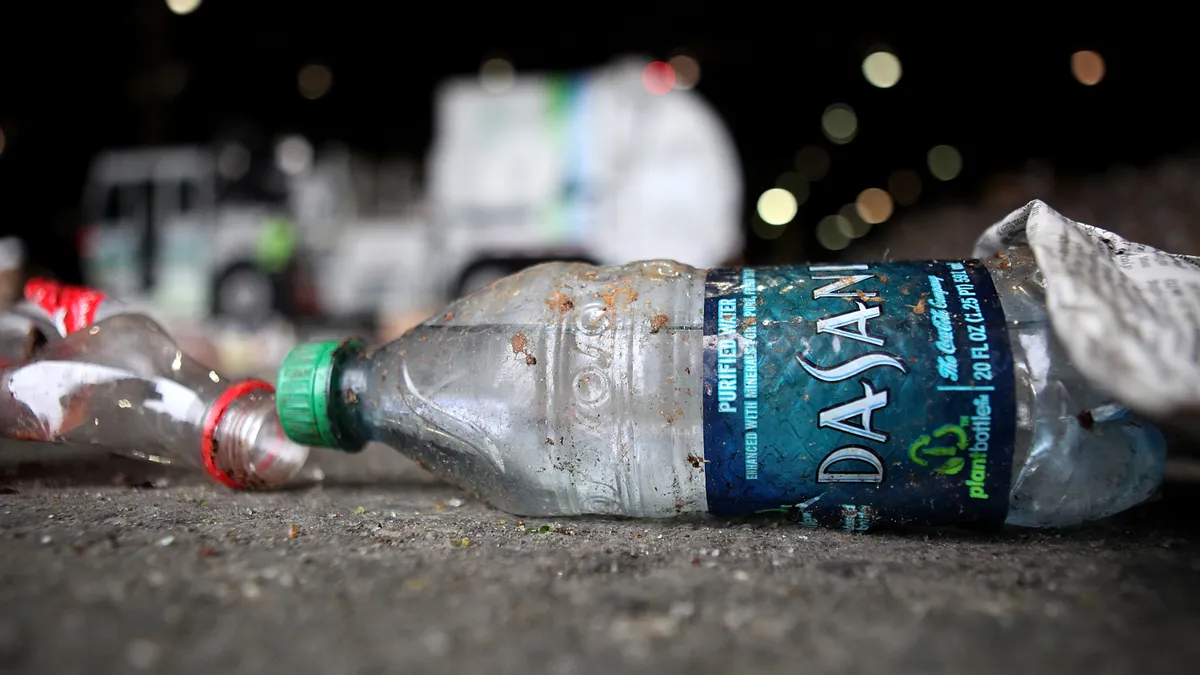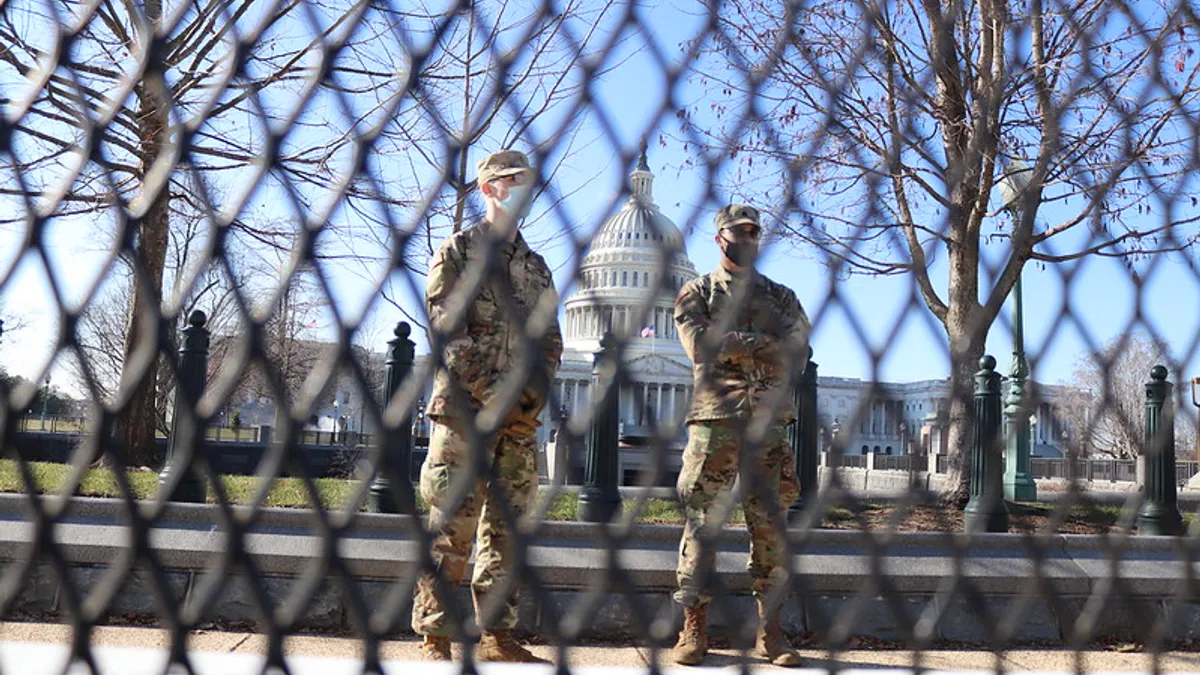As the plastic bag debate rages from California to New York, Massachusetts has quietly become a national leader in the fight.
The state now has bag laws in 35 municipalities and counting — second only to California — and nearly all have been passed in the last few years. Many groups have helped make this possible, but the recently founded Mass Green Network has helped take the campaign's organizational efforts to a different level. Bolstered by their success, the group has now set their sights on Boston — if not the entire state.
While many in the waste industry continue looking for ways to recycle bags cost-effectively and keep them from becoming a problem in material recovery facilities, groups like the Mass Green Network are trying to take the conversation in a new direction. They see bags as only one part of a larger disposable consumer culture that has run its course and has to end.
Unleashing the floodgates
Though the island of Nantucket banned non-biodegradable single-use bags in 1990, the action didn't really start until 2012. That's when Brookline — a large town bordering Boston — took the big step of banning plastic bags from grocery and retail stores.
"That sort of unleashed the floodgates of local initiatives around bag bans," said Clint Richmond, a local resident and member of the Sierra Club.
Richmond led the effort in Brookline and soon became one of the go-to sources for other municipalities trying to do the same thing.
Brad Verter, a history professor with little prior knowledge on the issue, reached out for advice on a ban in Williamstown which ended up passing in May 2015. While he found the support helpful, Verter said the process of gathering facts and drafting language for a ban was more complicated than it should be.
Last October, Verter officially launched a website for the Mass Green Network as a way to share information, best practices, news, contacts and ideas. Now part of an organization called the Toxics Action Center, the network has more than 250 members from 50 municipalities across the state.
"Everyone thought they were the lone crazy and it turns out there's a whole movement," said Verter. "The vision for this is a horizontal network that is based really on people helping each other out."
In frequent email exchanges members discuss the best answers to common questions, spread the word about upcoming votes and share materials with those that are new to the process. For example, the residents of Framingham drew on information from the network to create a popular slide presentation which was later adapted by Shrewsbury for their own meeting. Both towns are among the 14 which the network helped successfully pass laws this spring.
That number is likely to grow before the end of the year, but the real question now is whether advocates can add major cities such as Boston to the list. Though the pace of implementation has been notable, Massachusetts has 351 cities and towns and those with bag laws only represent roughly 13% of the state's population.
Addressing the issue, managing pushback
The Mass Green Network is currently working with a number of community groups in Boston and will be meeting with city officials to talk about moving forward on possible legislation. Success is far from guaranteed based on the experiences of other cities across the country.
"The bigger the city the more pushback they're going to get and the industry has really good talking points," said Jennie Romer, an attorney who has been involved with plastic bag legislation since San Francisco passed its first-in-the-nation ban in 2007.
Romer said that it only took a matter of days for representatives of the plastic bag industry to start gathering signatures to challenge California's statewide ban after the governor signed it into law in 2014. The fate of that law will now be decided by voters in a referendum. Most recently, she worked on the New York City Council bill — a five-cent fee on paper and plastic bags — that was passed last month and has since met opposition at the state level.
Citing these examples, Romer said that information sharing and organization will be key for the Mass Green Network to make their case. If recent editorials are any indication, the opposition has already begun and advocates may be in for a tough fight.
Yet recent activity at the State House has given them some hope. The Senate voted to include a bill that would ban plastic bags and charge for all other types in its budget last month. Further steps are required before the bill could become law, but advocates take this as a sign that the issue is making headway.
"Once we have critical mass of the number of towns, the legislators will basically say we have to address this at the state level," said Richmond.
Of course, not everyone is happy with this wave of bag ordinances. The Retailers Association of Massachusetts has been one of the most vocal opponents of the trend and cautions against any legislation that allows municipalities to set their own standards within a statewide framework. This is a key question that would have to be addressed, as the 35 current approaches vary.
"We don't need 351 sets of rules and regulations on any consumer product," said Bill Rennie, the association's vice president. "If we are going to have something that's statewide let's make it uniform."
Rennie pointed out that many stores already offer reusable options at checkout as well as recycling bins for plastic bags. He said his organization doesn't support the current Senate bill and hasn't ruled out pursuing legislation that would prohibit any municipalities from passing bag legislation at all — a recently popular approach in other states.
What's next?
While the Mass Green Network still has months — if not years — of work ahead if it hopes to get rid of plastic bags across the entire state, the group has already started thinking about other areas such as consumer packaging. Nearly 20 municipalities currently have polystyrene bans and two have bottled water bans, both areas where Verter sees room for growth. As Boston explores a zero waste plan the network could also weigh in on that. It may even expand its model to other states.
Verter said the network's next steps will depend on what its members want to do, but he knows one thing for sure.
"What's going to come out of this is going to be much more than a bag ban."












